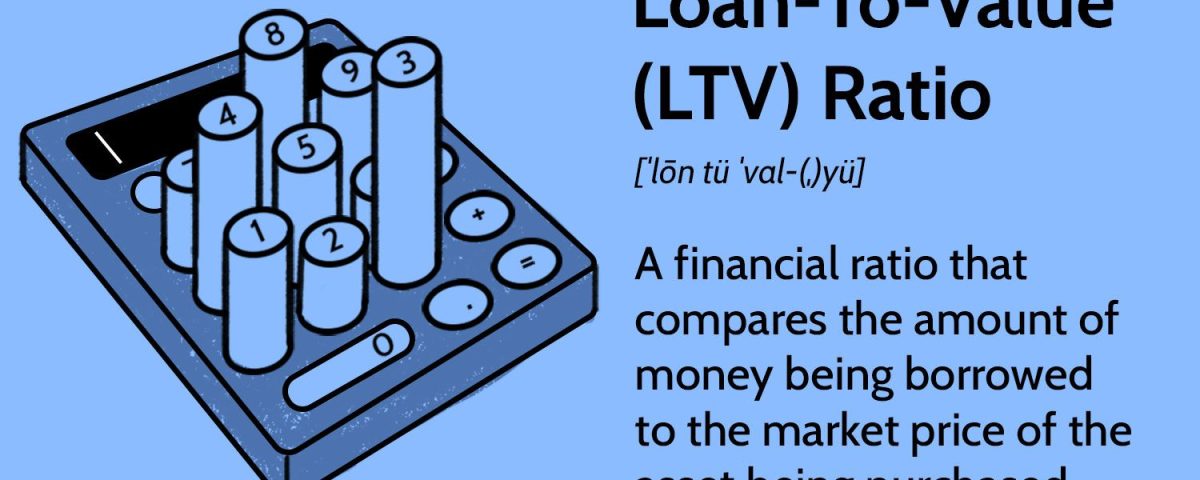What is the maximum LTV for a cash out refinance?
The maximum loan-to-value (LTV) ratio for a cash-out refinance depends on various factors, including the lender’s policies, the type of property being refinanced, and the borrower’s creditworthiness. Generally, lenders have their own guidelines and may impose different maximum LTV ratios.
For investment residential properties, such as single-family homes, condominiums, or multi-unit properties with up to four units, the maximum LTV ratio for a cash-out refinance is often capped at 70% to 75%. This means you can typically borrow up to 70% to 75% of the appraised value of the property, subtracting any outstanding mortgage balance.
However, for commercial properties, including multi-unit residential properties with more than four units and non-residential properties like office buildings or retail spaces, the maximum LTV ratio for a cash-out refinance tends to be lower. It can range from 65% to 75% in many cases.
It’s important to note that these are general guidelines, and individual lenders may have different policies or may be willing to offer higher LTV ratios under certain circumstances. Additionally, a borrower’s credit score, income, and debt-to-income ratio may also influence the maximum LTV ratio offered by the lender.
To determine the specific maximum LTV ratio for a cash-out refinance, consult with me and I can find potential lenders and discuss your property, financial situation, and loan requirements. I’l be able to provide you with accurate information based on their lending criteria.
Mortgage Rates
DSCR Mortgage: 7.375%
Commercial Mortgage: 7.5%
Single family, Condo Investment Property: 7.375%
Portfolio of Residential Homes: 7.5%
Calculate Your Monthly Payment
Mortgage Information
Monthly Payment
Principal and Interest: $0
Total Monthly Payment: $0


